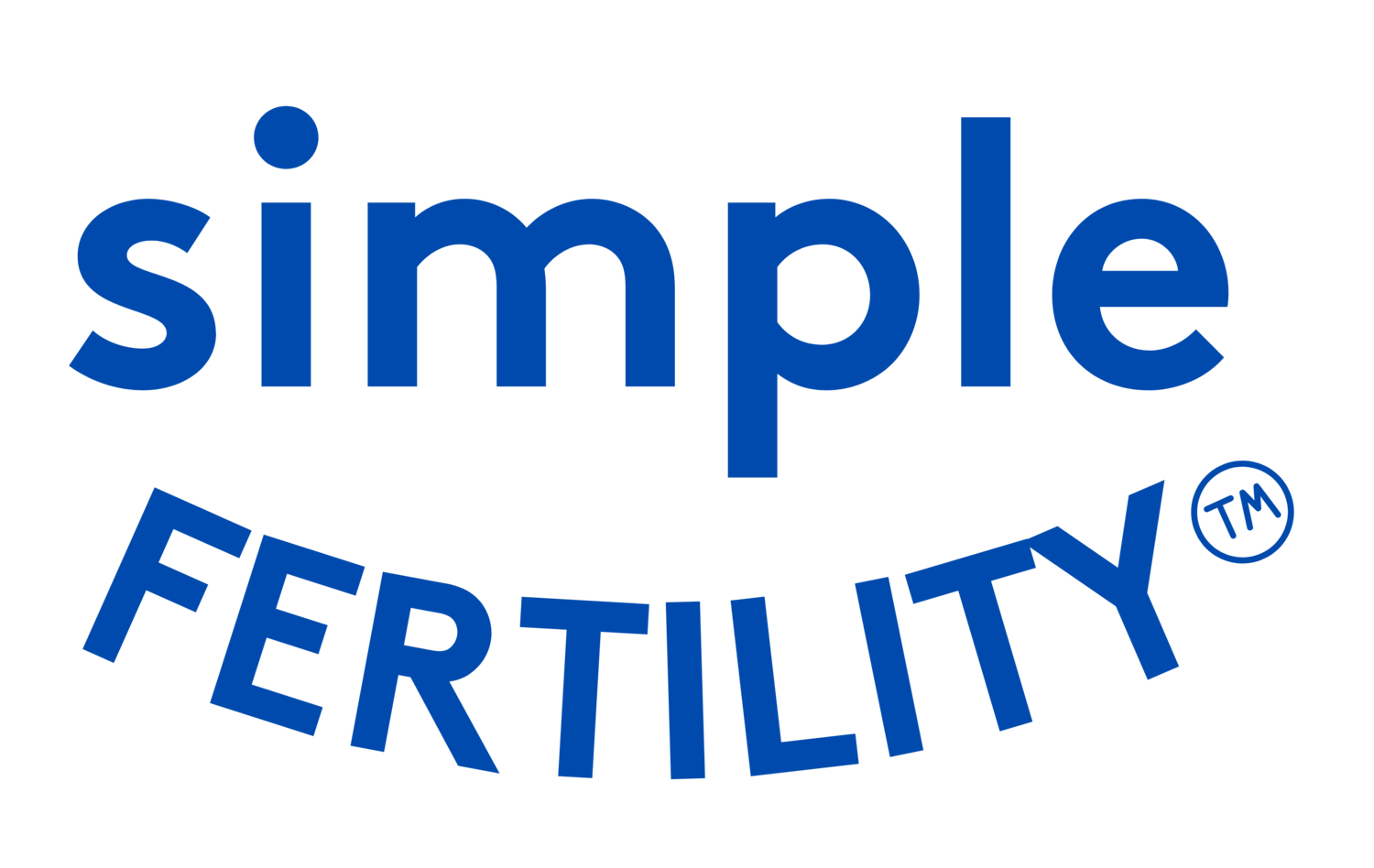ES
Embryo Screening
The process of screening IVF embryos for chromosome abnormalities prior to transfer. Your fertility assessment will also let us know if you and your partner are carriers of any genetic diseases.
Embryo Screening is for:
-
Couples going through IVF, IUI, or ICSI
-
Women who haven’t had success with other fertility treatments (like medication and insemination)
-
Individuals or couples with PCOS, endometriosis, low sperm count, and other fertility diagnoses
-
People who want to screen for hereditary disorders
-
Those who want pregnancy on-demand, including LGBTQ+ couples and single women
The process,
explained simply.
-
Depending on your reason for choosing embryo screening, you’ll go through diagnostic testing to see what the cause of your infertility is. Depending on the results, embryo screening may not be necessary or feasible, or the doctor might recommend alternative treatments to start.
-
The doctor will review your diagnosis with you and discuss your treatment options. If you decide to use embryo screening, our doctor and staff will go over the entire process including financials to determine if embryo screening is right for you.
-
The first step required is undergoing IVF, in which your ovaries are stimulated over the course of a month to produce eggs. Once retrieved, these eggs are then fertilized in a lab with sperm.
-
After approximately a week spent in the lab, the embyros will be biopsed, a tissue sample will be taken, and the embyros will then be immediately frozen.
-
Once your samples arrive at the lab, a comprehensive analysis of all 46 chromosomes will be screened and completed for any chromosomal abnormalities.
-
After your embryos have completed testing, your provider will call to discuss the results of your report and next steps.
-
Once you go through your report with your provider, the embryologist will choose the healthiest embryo to transfer into your uterus.


